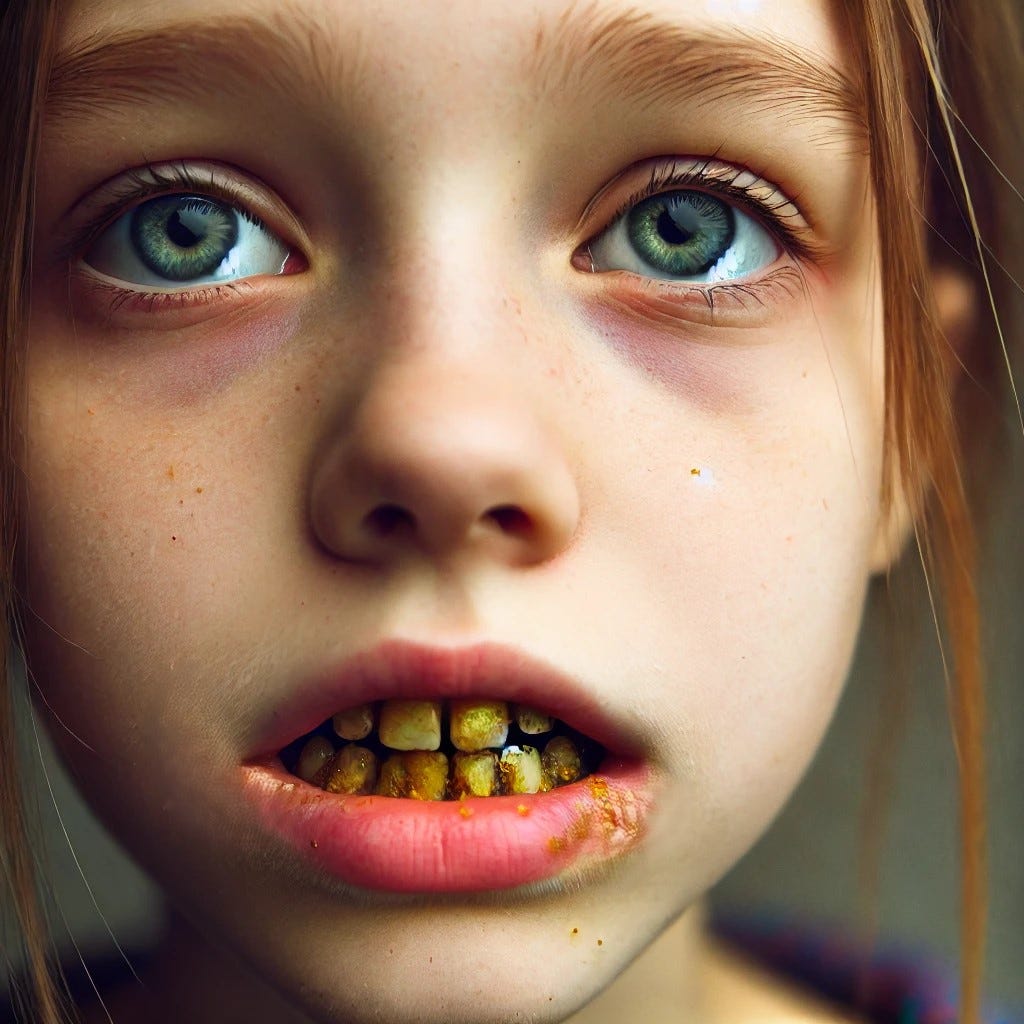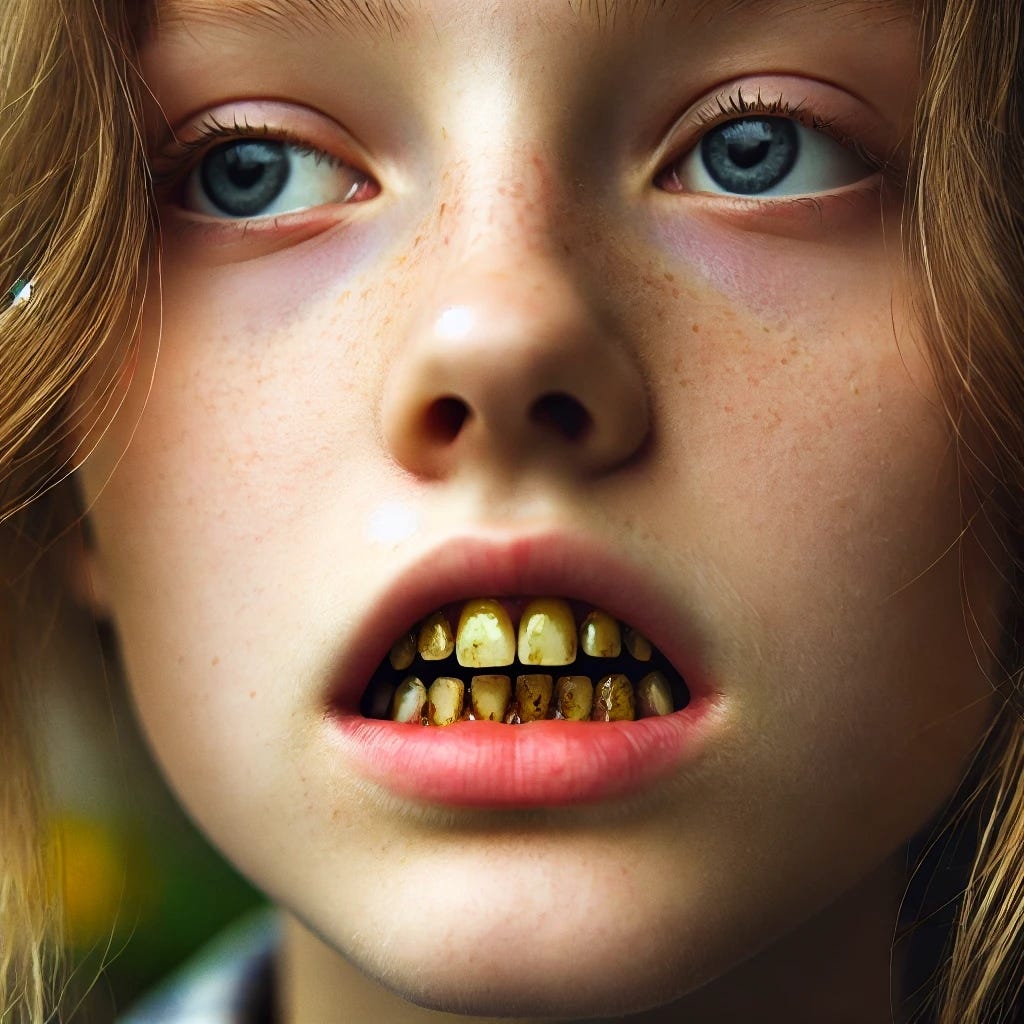MADE FOR YOU AND ME 2: hive Being (Stanzas 2017—part 30)
Let's workshop this stanza sequence about metronomes, dental tartar, cemeteries, social anxieties, nest eggs, worry about loss, U-Hauls, domestic violence, forgotten apologies, dangerous hoods, Trump
depression tartar behind the camera in order not to participate your former F-student, your nurse as you battle to live avoiding cliché at the expense of beauty the secret guilt of medical professionals searching for someone to make sure you should be avoiding them comedy to defuse an attack and uplift the dying when being fired speaks well of you startled to find him looking so different than he had in life still visiting the grave—the last one left to do so not wanting to appear to have missed a joke, but reining in the laughter so as not to appear as if not wanting to appear to have missed a joke transitioning from a heartbeat to a heart tick—one too loud in bed, squeamish, ever to get used to watching the one next to you sleep, wondering how such a face might one day break your heart lodging ourselves in clutter—clawing at earth, even as fingernails tear back, in crazed struggle against the pull of graves (near for all we know) no nest eggs under our diplomas, we became just like those buoyed by their high-school sports feats pictures of former homes hung in the current home every U-Haul move exhumes a mess of memories bath-towel scarves layers poking out from flannel cuffs punched around by your spouse the night before the start of a new job neighborhoods where you fear a red light love does not turn out well for so many, all of whom figured things were going to be great for being careless about the relationship, you reach out after years to a friend, who claims you apologized already a decade ago wisps of snow enter with the booted man on their turbaned heads the women see, enlivening the drudgery, who can balance the biggest bundle of white-people dirties the metronomic stability of drum-machine music, bereft of the organic shifts in tempo expected from faltering humans, both reflects the shift in humanity to a mono-machinic mode of being and—along with fast food—encourages it watch: such unhinged outrage for the new president will summon— on grounds, like in every sci-fi dystopia, of “protecting safe spaces”— assassination shots and, worse, strangulation of art (even comedy)
This is a portion of an ongoing mosaic poem called Made for You and Me. This portion is from the first installment: hive Being (Stanzas 2016-2020). More specifically, it is from the 2017 portion of that five-part work.







Michael Anthony Istvan Jr.'s "Made for You and Me 2017" weaves together fragments that capture the stark realities of human existence, exploring themes of death, love, memory, and societal change. This sequence of poetic vignettes provides a multifaceted look at the struggles and intricacies of contemporary life, offering deep reflections through brief, potent lines.
The opening phrase "depression tartar" conjures an image of persistent, uncleanable residue, symbolizing the lingering, often unnoticed effects of depression. This imagery sets a somber tone, echoed in the subsequent vignette about staying "behind the camera in order not to participate," which speaks to a desire to avoid engaging directly with life, a theme common in modern existential angst.
The line "your former F-student, your nurse as you battle to live" suggests the circular nature of life and the unexpected roles people come to play in each other's lives. This theme of reversal and interconnectedness is poignant, hinting at redemption and the unforeseen dependencies that shape our existence.
Avoiding cliché while seeking beauty is a recurring struggle in art and life, as captured by "avoiding cliché at the expense of beauty." It highlights the tension between originality and the inherent appeal of familiar, beautiful things. Similarly, "the secret guilt of medical professionals" unveils the hidden emotional burdens carried by those in caregiving professions, who often grapple with their limitations and the impact of their work on human lives.
The vignette about using "comedy to defuse an attack and uplift the dying" underscores the power of humor as a coping mechanism and a source of comfort amidst suffering. This is a reminder of the multifaceted role comedy plays in human resilience.
"Startled to find him looking so different than he had in life" touches on the shock of encountering death, where the physical transformation underscores the finality of life and the disconnect between memory and reality. The ongoing visit to a grave, as described, reflects the enduring nature of love and remembrance, even when it seems no one else cares.
The complexity of human interaction is captured in the vignette about laughter and the fear of missing a joke, illustrating social anxiety and the delicate dance of fitting in. The transition from a heartbeat to a "heart tick—one too loud in bed" evokes the intrusive nature of health issues, disrupting the intimacy of sleep and the comfort of silence.
Watching a loved one sleep while contemplating potential heartbreak speaks to the vulnerability inherent in love, where deep affection is always shadowed by the fear of loss. This idea of impending loss permeates the imagery of "clawing at earth" against the inevitable pull of graves, symbolizing the human struggle against mortality.
The sequence also critiques societal norms and the superficiality of achievements, as seen in "no nest eggs under our diplomas," which juxtaposes the ephemeral nature of academic success against the lasting impact of high-school sports feats. The cyclical nature of moving and memory is poignantly captured in "every U-Haul move exhumes a mess of memories," a reflection on how physical dislocation often triggers emotional recollection.
Daily realities, like "bath-towel scarves" and "layers poking out from flannel cuffs," ground the poem in the tactile, mundane aspects of life, while more intense moments, such as being "punched around by your spouse the night before the start of a new job," reveal the darker undercurrents of personal relationships.
The fear of red lights in certain neighborhoods speaks to the constant threat of violence and the socio-economic divides that create pockets of insecurity. The vignette about love not turning out well for many underscores the disillusionment that accompanies failed relationships, despite initial optimism.
The reconciliation attempts with old friends, who have already forgiven, illustrate the passage of time and the differing paces at which people move on from past hurts. This theme of reconnection is echoed in the scene where "wisps of snow enter with the booted man," blending the cold outside world with the warmth of human interaction.
The image of women balancing bundles on their heads while enlivening their work with competition reveals the resilience and ingenuity of people in the face of monotonous tasks. This is contrasted with the mechanical nature of "drum-machine music," reflecting a societal shift towards automation and the loss of human nuance.
Finally, the poem anticipates a dystopian future where political outrage leads to severe consequences, including the suppression of art and free expression. This chilling prediction underscores the fragility of civil liberties in times of societal upheaval.
Michael Anthony Istvan Jr., Made for You and Me 2017, contemporary poetry, existential angst, societal critique, human resilience, memory, love, mortality, human interaction, poetic imagery, societal change, interpersonal relationships, redemption, humor in suffering, fragility of civil liberties.